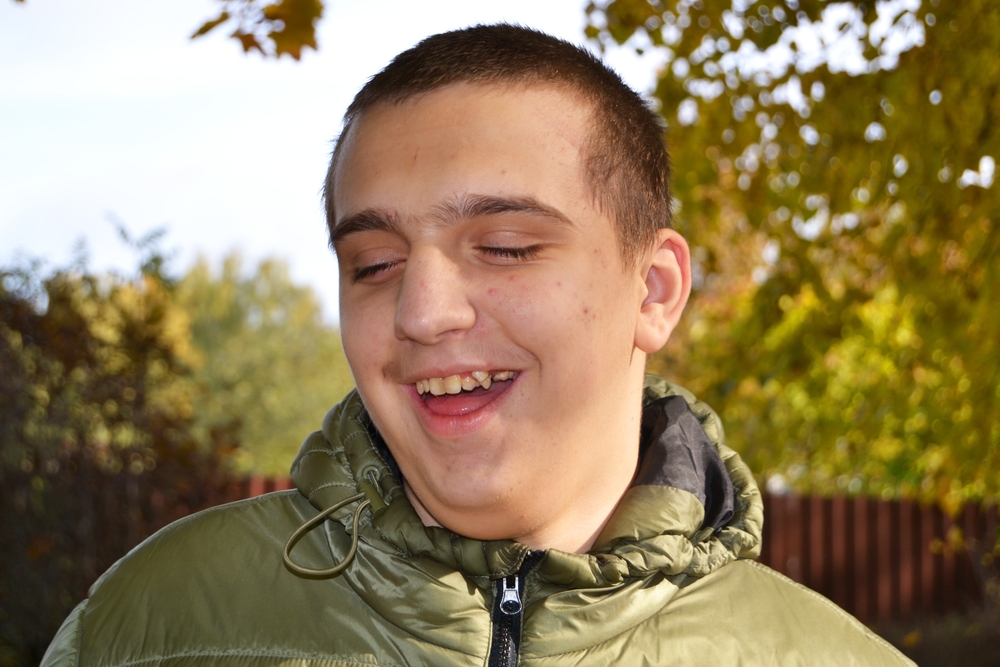Autism Spectrum Disorder (ASD), or commonly simply known as Autism, affects millions globally. With roughly 1% of the population having this neurodivergence, it comes as no surprise that there are common issues that arise, and questions that most people don’t know the answers to – like how to deal with autism anger in adults.
Here at the Brain Workshop, we are dedicated to helping you live your best life. If you want to learn more about autism, ADHD, and mental health, have a look at our latest articles on if ASD is a learning disability, the importance of nutrition and brain development, the causes of a short attention span, and how to improve your concentration.
What is Autism?
Autism is a disorder that can impact different people in vastly different ways. Many people with autism face challenges regarding non-verbal communication, repetitive behaviours, speech, social skills, and more.
However, there is no one size fits all, as some individuals with autism can lead relatively normal lives, while others require additional support in aspects of their lives. Like ADHD, there are many successful people with Autism – like Anthony Hopkins, Susan Boyle, Greta Thunberg, and so many more.
It is important to know that while autism can be incredibly varied, there are a number of common comorbidities to consider. Things like sleep disorders, gastrointestinal disorders, anxiety, and depression are all common disorders that many autistic people will have alongside autism. This can pose additional challenges.
Signs of Autism in Adults
Below, we will go through the common signs of autism in adults, and what you should know about autism in women.
Primary signs of autism in adults:
- Enjoying having a routine and becoming anxious when that routine changes
- Taking things literally (this is especially common with phrases and sarcasm)
- Difficulty stating how you feel
- Coming off as uninterested, rude, or blunt regarding what others are saying
- Anxiety due to social situations
- Difficulty understanding what other people might be feeling or thinking
- Preferring to be on your own or finding it challenging to make friends
Additional signs of autism to look out for:
- Disliking or getting upset when other people get too close to you or touch you
- Having selected, very keen interests in particular activities or subjects
- Frequently noticing details that others don’t, such as patterns, sounds, or smells
- Planning events or activities thoroughly before you do them
- Having a strong dislike for particular sounds, smells, textures, or tastes
- Often getting too close to people
- Difficulty holding eye contact
- Trouble understanding common social or societal rules
As with many disorders, including ADHD, diagnosing autism in women is more difficult compared to diagnosing men. This is because women are very good at copying behaviours as they grow up, which allows them to effectively ‘mask’ their autistic traits and ‘fit in’ with those around them.
Overall, you can expect most autistic women to:
- Show fewer repetitive behaviours
- Hide their feelings and be quieter
- Copy people without autism and ‘fit in’ better
- Seem to handle social situations better
Understanding Anger in Autistic Individuals

Autism comes with many challenges that neurotypical people will never have to deal with, so it can be difficult for some individuals to understand. However, it’s imperative to point out that autistic anger is not something that is exhibited willingly, and frustration is more often than not interpreted as anger. Unfortunately, this can make these strong emotions even more difficult to deal with, as others don’t necessarily understand.
Some things that can lead to autism in adults can include any of the following:
- Difficulties in relationships
- Needing to focus on several tasks at once
- Stress
- Excessive sensory stimulation
- Routines that get disrupted
Again, please remember that frustration is usually the cause of negative behaviours, and it can easily be seen as anger even when it isn’t. Bear this in mind moving forward.
Anger might manifest as any of the following:
- Smashing windows, hitting walls, breaking objects
- Headbanging, scratching, or biting
- Inuring themselves
- Slapping, kicking, or other physically aggressive behaviours
- Name-calling, shouting, or other verbally aggressive behaviours
How to Deal with Autism Anger in Adults
Knowing how to deal with autism anger in adults can be a challenge in itself. While there are a number of relaxation techniques that can be recommended, such as yoga, visualisation, or deep breathing, it’s worth noting that these won’t work for everyone.
So, if you struggle with autism anger, or know someone who does, and the classic relaxation techniques don’t seem to work, we have additional methods that can help you overcome these challenges and point you in a better direction.
Know How to Identify Feelings
Identifying feelings as a person with autism can be challenging, and understanding them even more so. However, to help get around this difficulty, you can create a visual stress scale that includes pre-set emotions to help point you in the right direction.
If you feel up for it, you can also note down the changes that you experience when you start getting angry. This can be anything from negative self talk to physiological differences, like your heart speeding up a tightness in your chest.
Avoid Triggers Where Possible
Although some triggers might be unavoidable due to the way our lives are, many of them can be avoided with proper care and attention. For example, common triggers include stress, routine changes, or loud noises.
For things like stress, you can find ways to relieve stress in a healthy way, and for loud noises, you can get noise-cancelling earphones or ear plugs. Changes to your routine can be more difficult to account for, but there will always be solutions.
Come Up With an Action Plan
An action plan to implement when you start to notice yourself getting angry can be incredibly helpful. In this plan, you can outline techniques to distract yourself from the negative situation or even remove yourself from it entirely. Include what triggers you and see how you can adjust your environment or routine to better suit your needs.
Have a Trusted Person You Can Talk To
This can also be challenging, since people with autism can often have trouble forming close connections with others. However, having someone you trust that you can talk to, whether that’s a healthcare professional, a friend, or a family member, can go a long way, and they can help you through your anger.
Exercise Regularly
Exercise is a tried and true way for many people to help manage their emotions – especially anger. This is also true for autistic individuals, and studies have suggested that physical activity positively impacts behaviour in individuals with ASD.
Implement the Stop-Think Technique
This technique can be useful for anyone who struggles with anger, whether they are autistic or not. However, since those with ASD can struggle with anger more, the stop-think technique can be especially useful.
When you recognise that they are starting to get angry, to implement the stop-think technique, you should:
- Stop what you are doing and take a moment to think about whether your thoughts are helpful or accurate in the given situation
- Consciously challenge those unhelpful or inaccurate thoughts
- Consciously create new thoughts that are relevant to the situation that will be either helpful or accurate before you take action
Final Thoughts

Understanding how to deal with autism anger in adults can be challenging, but it is well worth the outcome. Luckily, there are different approaches that you can take depending on your preferences, from relaxation techniques and identifying emotions to avoiding triggers and creating action plans.
If you would like to learn more, please don’t hesitate to contact us and find out more about our programs, assessments, results, and success stories.






